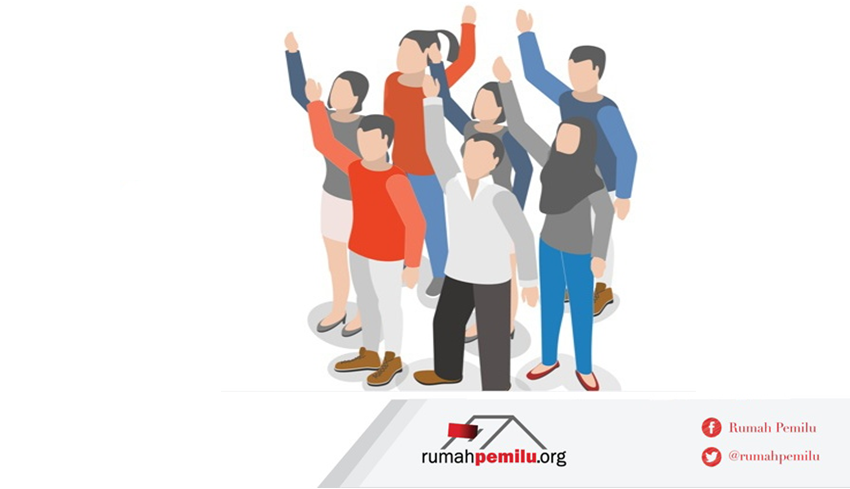The Chairperson of the Special Team for the new Elections Bill, Muhammad Lukman Edy, says that all political parties in the Parliament agree that legal punishment for violator of electoral regulation needs to be increased. Most politicians think the current level of punishment is ineffective to deter election participant to violate the regulations.
“The one thing we all can agree during the hearing session is that legal punishment should be increased,” says Lukman, after a hearing session at the House of Representatives, Jakarta (01/18).
The idea to increase legal punishment is proposed based on the recommendation from three professor of law from University of Indonesia: Surya Jaya, Dian Puji Simatupang, and Harkristuti Harkrisnowo. Surya argues that legal punishment needs to be increased because majority of Indonesian citizen are tend to disobey the law when the punishment is lenient.
“If the punishment is lenient, there will be many disobedience, especially in an election period when the incentive to violate the law is high,” says Surya.
Harkristuti expresses his agreement with Surya by saying that the substance of penal punishment is to impose sorrow to its subject. However, in the context of election, sanction for violating administrative law should be harsher than the sanction for violating penal code. Therefore, the Special Team should reorient the purpose of election penal law.
“The Special Team needs to reorient the purpose of the implementation of electoral penal law in election. Does the violation over an election law can be categorized as social threat? They need to review such matter,” says Harkristuti.
A few months back, the Chairperson of the Election Officials Honor Council (DKPP), Jimly Asshiddiqie, had already complaining about the lenient punishment in the election law. Jimly argues that many election participant do not feel afraid of the legal consequence from violating the law. However, unlike Surya, Jimly recommends that the Special Team should delegate the case of electoral law violation to be handled as regular criminal case by the police and the Supreme Court.
 Rumah Pemilu Indonesia Election Portal
Rumah Pemilu Indonesia Election Portal




